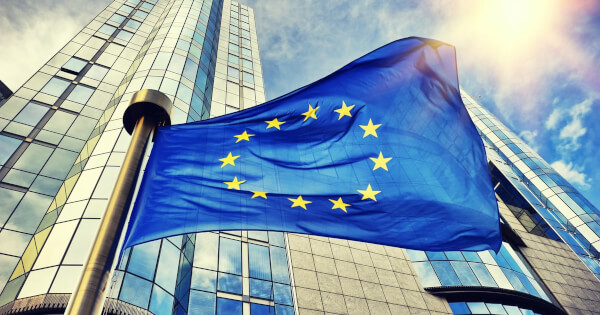The European Commission mandates major tech platforms to detect AI-generated content to shield European elections from misinformation, highlighting a robust approach towards maintaining democratic integrity.
In a proactive move to safeguard the integrity of the upcoming European elections, the European Commission has mandated tech giants like TikTok, X (formerly Twitter), and Facebook to ramp up their efforts in detecting AI-generated content. This initiative is part of a broader strategy to combat misinformation and protect democratic processes from the potential threats posed by generative AI and deepfakes.
Mitigation Measures and Public Consultation
The Commission has laid out draft election security guidelines under the Digital Services Act (DSA), which underscore the importance of clear and persistent labeling of AI-generated content that could significantly resemble or misrepresent real persons, objects, places, entities, or events. These guidelines also emphasize the necessity for platforms to provide users with tools to label AI-generated content, enhancing transparency and accountability across digital spaces.
A public consultation period is underway, allowing stakeholders to contribute feedback on these draft guidelines until March 7. The focus is on implementing “reasonable, proportionate, and effective” mitigation measures to prevent the creation and dissemination of AI-generated misinformation. Key recommendations include watermarking AI-generated content for easy recognition and ensuring platforms adapt their content moderation systems to detect and manage such content efficiently.
Emphasis on Transparency and User Empowerment
The proposed guidelines advocate for transparency, urging platforms to disclose the sources of information used in generating AI content. This approach aims to empower users to distinguish between authentic and misleading content. Furthermore, tech giants are encouraged to integrate safeguards to prevent the generation of false content that could influence user behavior, particularly in the electoral context.
EU’s Legislative Framework and Industry Response
These guidelines are inspired by the EU’s recently approved AI Act and the non-binding AI Pact, highlighting the EU’s commitment to regulating the use of generative AI tools, including those like OpenAI’s ChatGPT. Meta, the parent company of Facebook and Instagram, has responded by announcing its intention to label AI-generated posts, aligning with the EU’s push for greater transparency and user protection against fake news.
The Role of the Digital Services Act
The DSA plays a critical role in this initiative, applying to a wide range of digital businesses and imposing additional obligations on very large online platforms (VLOPs) to mitigate systemic risks in areas such as democratic processes. The DSA’s provisions aim to ensure that information provided using generative AI relies on reliable sources, particularly in the electoral context, and that platforms take proactive measures to limit the effects of AI-generated “hallucinations”.
Conclusion
As the European Commission gears up for the June elections, these guidelines signify a significant step towards ensuring the online ecosystem remains a space for fair and informed democratic engagement. By addressing the challenges posed by AI-generated content, the EU aims to fortify its electoral processes against disinformation, upholding the integrity and security of its democratic institutions
Image source: Shutterstock
Credit: Source link






























